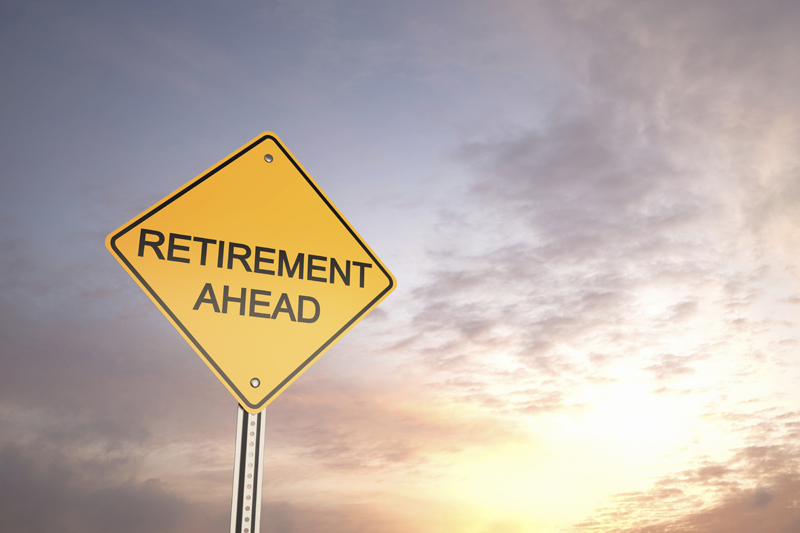Why you should be saving for your retirement
April 17, 2014 by Barbara Segebart
If you are a 20 or 30 something you probably haven’t given much thought to your retirement. The truth is, the people in this age group should have saving for retirement at the top of their list of things to do. Will there even be a working social security system when you are ready to retire? We really don’t know, but do you really want to bet your whole retirement nest egg on it?
Shall we crunch some numbers?
- Starting at age 25 if you invest $2,000 a year for 40 years and average 8% growth at age 65 you will have $560,000
- Starting at age 35 if you invest $2,000 a year for 30 years and average 8% growth at age 65 you will have $245,000
If you are in your 40’s or 50’s, do not stress. It is never too late to start saving, you will just need to put a little more away each month and most likely start drinking Folgers instead of Starbucks.
The easiest way to get started is with your employer. Most companies have some sort of investment or 401(k) plan. Some employers may even have a matching program. For example, your employer may contribute an additional $0.50 for every dollar you invest, up to 5% of your salary. If you are lucky enough to have an opportunity similar to this, always max that out. Even if your employer doesn’t offer matching funds, you should still contribute because of the great tax advantages. Contributions into a company investment plan are taken out before your money is taxed (state rules for this may vary state-to-state). So that means if you contribute $100 per paycheck, you will only see your paycheck short by about $80 depending on your tax bracket. This is a great way to force savings, as you never see the money and it is automatically invested!
The best way to get started if you are self-employed or just want more control of your money is to open a retirement account with a bank or investment firm. They will ask questions to determine your risk factor and your retirement year. You will likely have to pay some fees, but the advice you receive may be worth it.
As you consider your options, don’t forget to consider a Roth account. There’s no deduction for this type of account, but your entire balance and earnings will be tax free upon distribution, provided you meet all of the holding requirements.
So consider this a friendly reminder: It’s time to put saving for your retirement at the top of your to-do-list.




